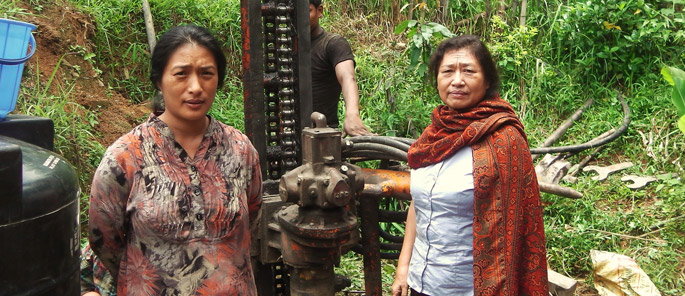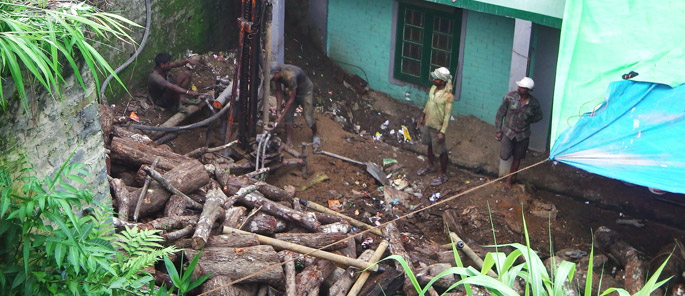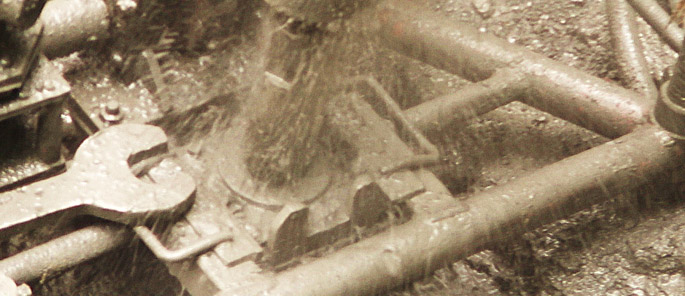Trade Schools
Formal education and Technical and Vocational Education and Training (TVET) are important for stimulating economic growth and poverty reduction in developing nations. However, the resources to meet both goals is scarce. Fiscal shortfalls compounded by a population plagued by hunger, chronic illness and low levels of education and skills severely restrict labor market flexibility. Industries unable to find abundant and adaptive skilled labor cannot respond to opportunities presented by new technologies. As a developing nation’s economic growth depends less on its natural resources and more on its labor pool, Skills development becomes a basic necessity. The Crower Trade School – Started as an outreach to young people who needed a means of financial support but were financially unable to continue with their education. The school began in 1994 as a day school and now sits on a ten-acre campus with six building. Current trades being taught include welding, carpentry, sewing and gardening.
Well Drilling
The need for clean, easily accessible water in countless villages and communities in developing countries continues to be urgent. In many places, simply failing to wash one’s hands often leads to fatal infection or disease. In an effort to stem the incidence of preventable water-borne illness, Hope For Change, provides support for many well drilling initiatives and hygiene training, a vital companion to the introduction of safe water. Since 2002, 28 operational wells have been drilled throughout Tanzania. Each year a drilling crew returns to install additional wells.
Nagaland Water Collection System
In recent years, the school directors engaged two geologists to determine if an underground source of fresh water existed on the property. None exists. In addition, Mokokchung government agencies initiated two well-drilling projects within the municipality boundaries in hopes of finding deep, underground springs. Both efforts failed to find water.
Since well-drilling is futile, the directors reverted to plan “B” for their sustainable water supply throughout the twelve months of the year, namely, reliance on “harvested water” from the sky during the rainy season (May thru December). Because of rapid enrollment increases at the school, current water collection and storage reservoirs in place are inadequate to meet water demands throughout the “dry season” (January thru April) and forces the school to purchase water for the consumption needs of the compound residents.
Suitable solutions for the water dilemma are:
- New Water Reservoir (Breadth= 15 ft., Length=20 ft., Height=15 ft. ) costing Rs. 4,00,000.00 (Rupees Four Lakh Only);
- Filter/Purification Systems (six needed) Aqua Guard (Eureka Forbes Ltd.) costing Rs. 10,300.00 per filter (total for six= Rs. 61,800.00).
Price tag: USD $ 9,620.00 (approximate based on current exchange rate)



